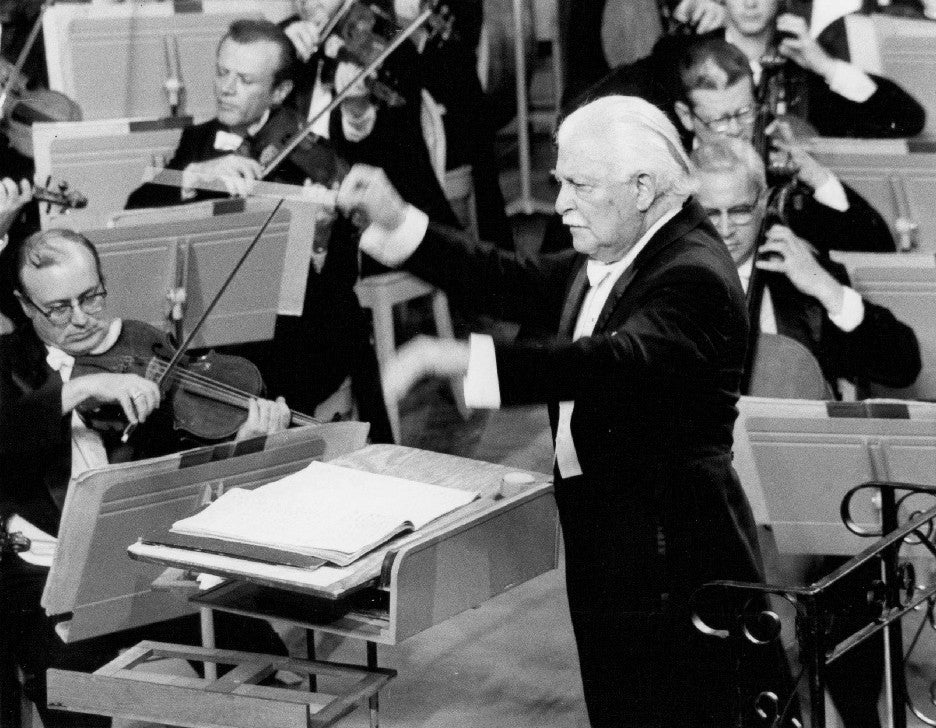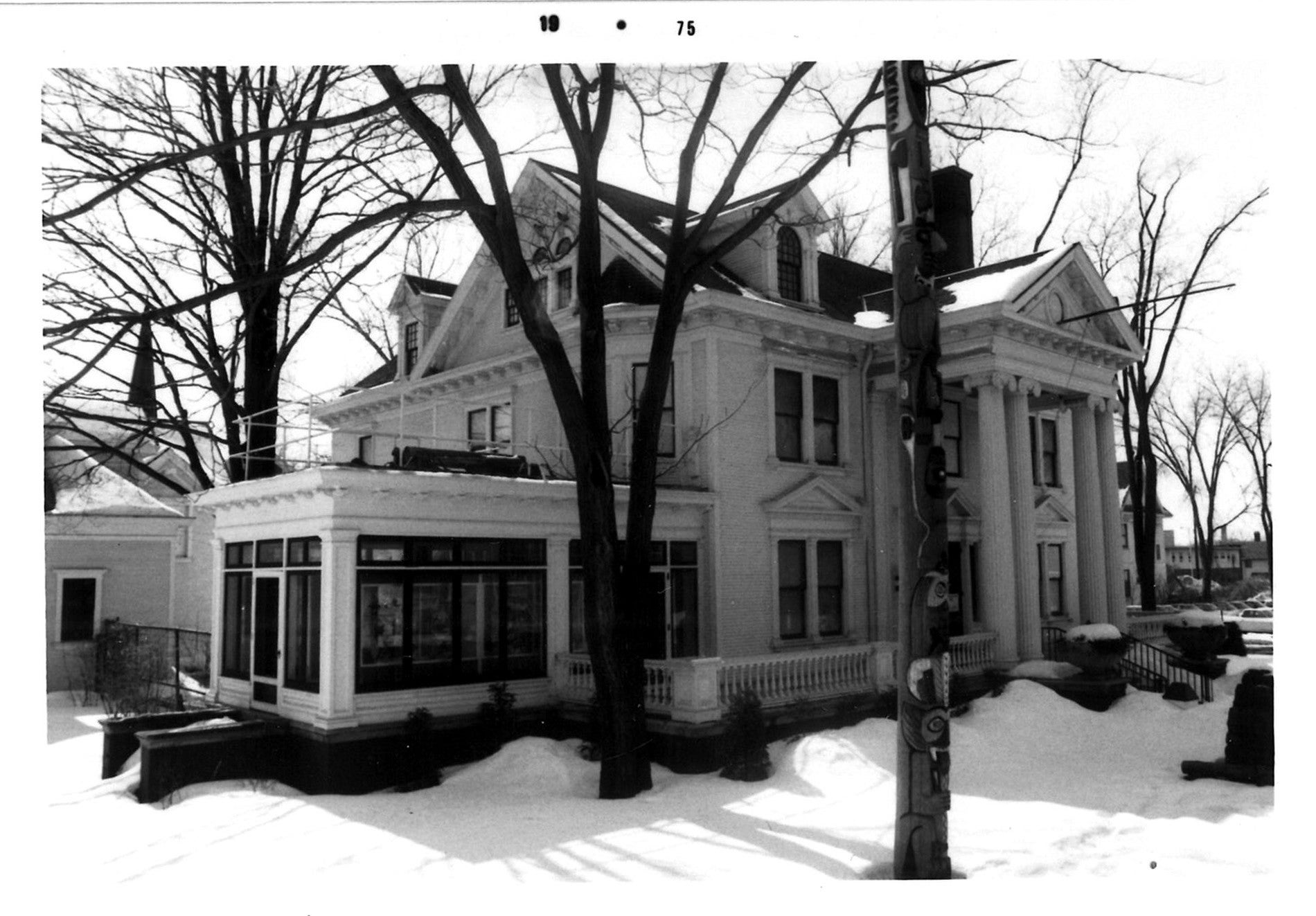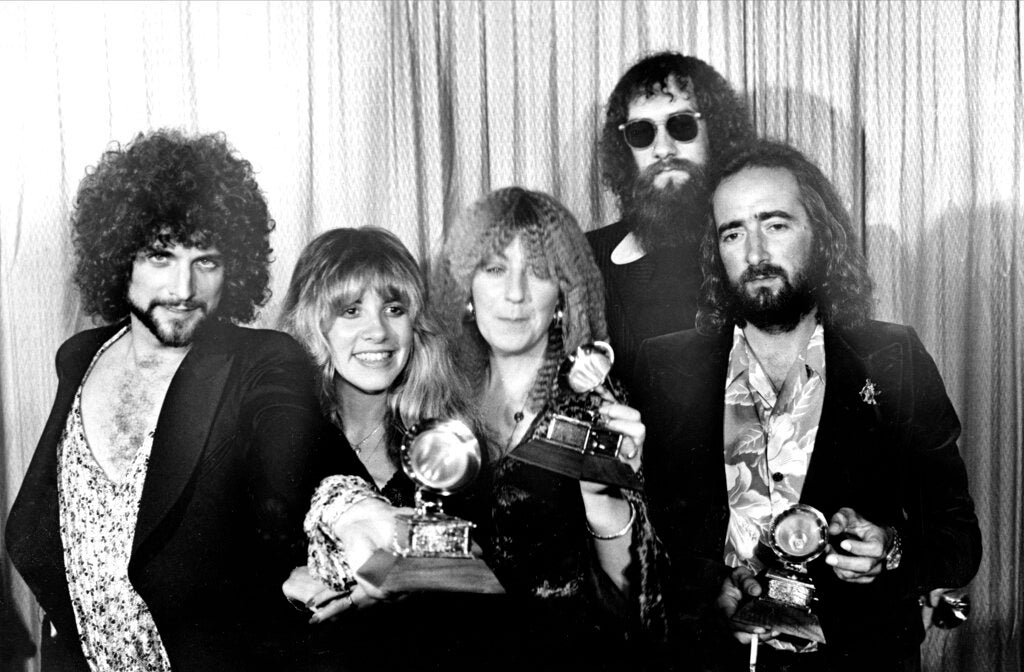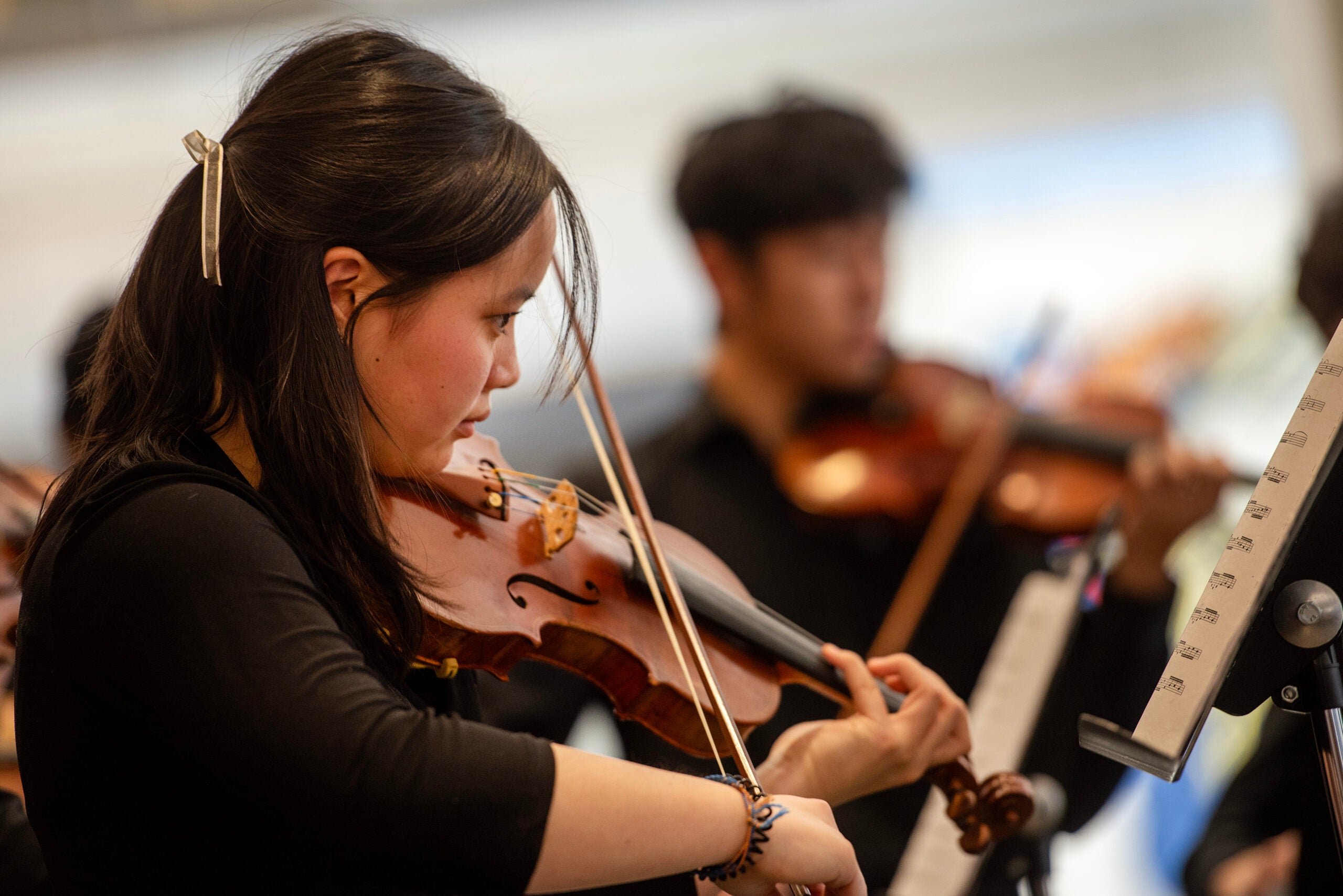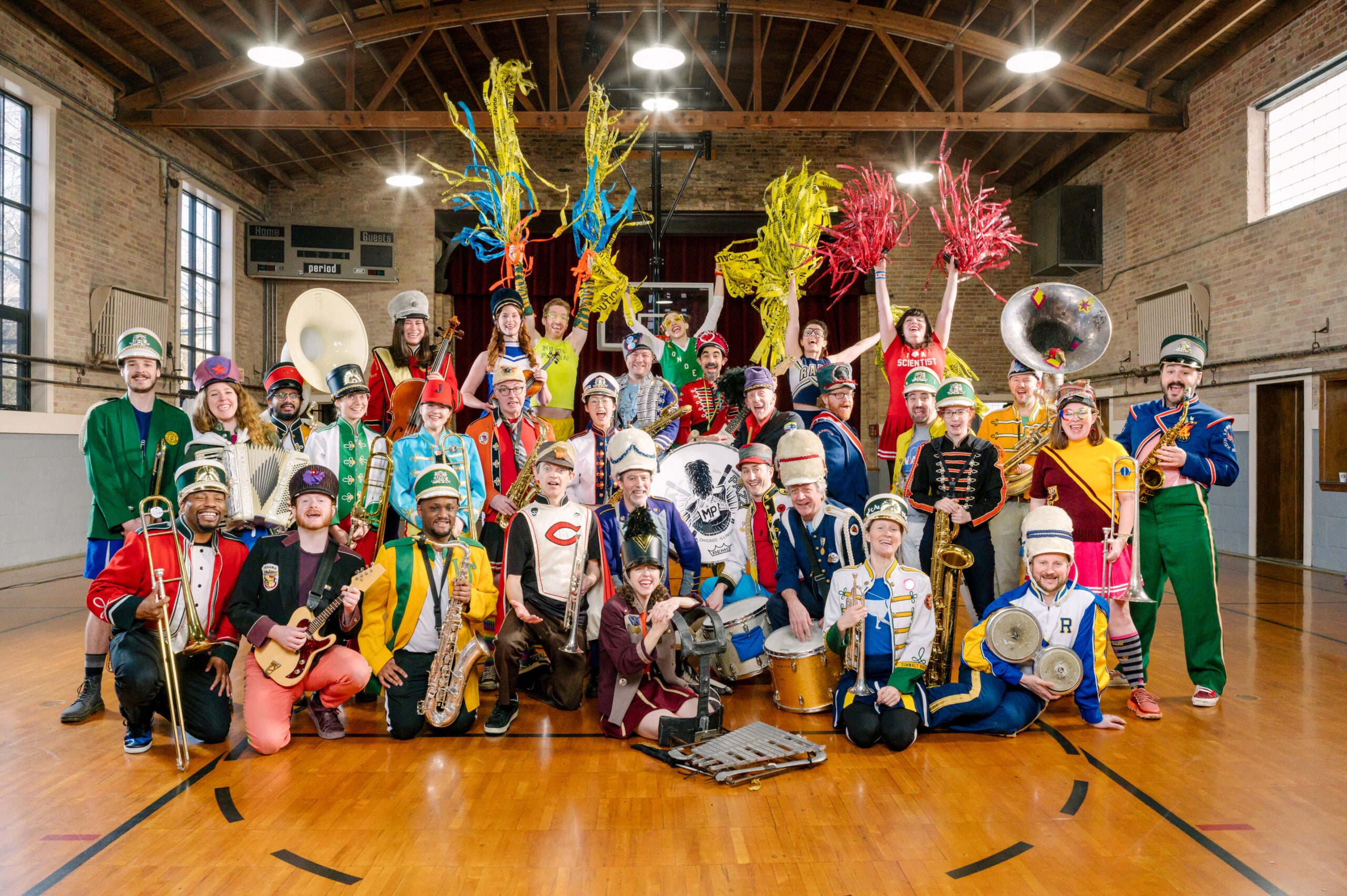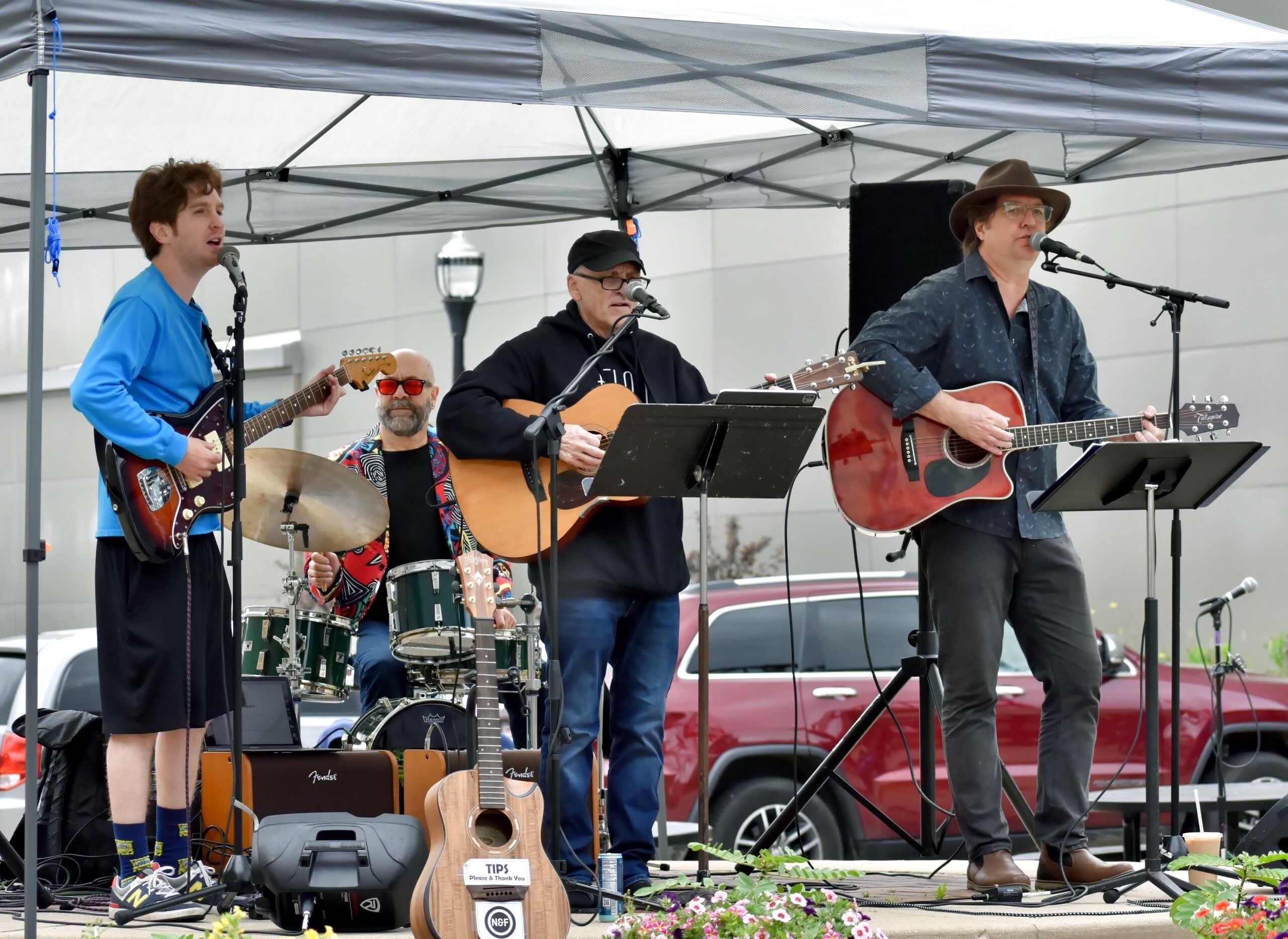In the 1930’s, the Great Depression was taking its toll on Arthur Fiedler’s cherished Esplanade concerts of the Boston Pops. Wealthy patrons withdrew their support, and Fiedler had to take on the task of coming up with ways to keep the concerts funded. At the Esplanade, he had contribution boxes set up to invite audience members to contribute during the concerts.
But while the concerts drew bigger and bigger crowds, from night to night the boxes had less and less money in them. Fiedler faced the danger that the concerts might come to a halt.
One night in 1935, Fiedler realized that, unless he did something drastic, the end would come soon. After a concert that had drawn an audience of 15,000, the collection boxes brought in a paltry $23. In that dark hour, Fiedler put his showmanship to the test.
Stay informed on the latest news
Sign up for WPR’s email newsletter.
During the next night’s concert, before a near-capacity audience, Fiedler tried a trick similar to what Joseph Haydn had done 150 years earlier, to call attention to his musicians’ need for a vacation. In the middle of the performance, one of the light bulbs in the orchestra shell blinked out. One of the violinists stood up, tucked his fiddle under his arm, and left the stage. Then a second light went out, and another musician departed. One by one, as the lights went out, the musicians took their leave, until only Fiedler remained, in near darkness, facing a stage full of empty chairs and abandoned music stands. Finally, he turned slowly, took an exaggerated bow, and left the stage.
Then the stunned crowd heard a voice over the public address system, informing them that the continuation of the Esplanade concerts was in their hands. They got the message. The next night’s take from the collection boxes jumped to $485, and from then on, the future of the series was secure.
Wisconsin Public Radio, © Copyright 2024, Board of Regents of the University of Wisconsin System and Wisconsin Educational Communications Board.

